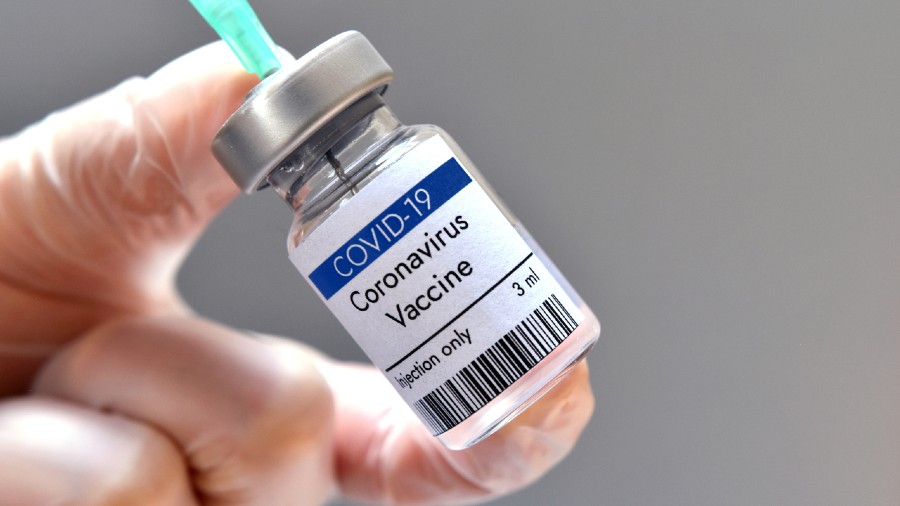Nearly 30 million people in the US — and probably many others whose illnesses were never diagnosed — have been infected with the coronavirus so far. Should these people still be vaccinated?
Two new studies answer that question with an emphatic yes.
In fact, the research suggests that for these people just one dose of the vaccine is enough to turbocharge their antibodies and destroy the coronavirus — and even some more infectious variants.
The results of these new studies are consistent with the findings of two others published over the past few weeks. Taken together, the research suggests that people who have had Covid-19 should be immunised — but a single dose of the vaccine may be enough.
“I think it’s a really strong rationale for why people who were previously infected with Covid should be getting the vaccine,” said Jennifer Gommerman, an immunologist at the University of Toronto who was not involved in the new research.
A person’s immune response to a natural infection is highly variable. Most people make copious amounts of antibodies that persist for many months. But some people who had mild symptoms or no symptoms of Covid-19 produce few antibodies, which quickly fall to undetectable levels.
The vaccines “even the playing field”, Dr Gommerman said, so that anyone who has recovered from Covid-19 produces enough antibodies to protect against the virus.
The latest study, which has not yet been published in a scientific journal, analysed blood samples from people who have had Covid-19. The findings suggested that their immune systems would have trouble fending off B.1.351, the coronavirus variant first identified in South Africa.
But one shot of either the Pfizer-BioNTech or Moderna vaccine significantly changed the picture: It amplified the amount of antibodies in their blood by a thousandfold — “a massive, massive boost”, said Andrew T. McGuire, an immunologist at the Fred Hutchinson Cancer Research Centre in Seattle, who led the study.
Flush with antibodies, samples from all of the participants could neutralise not only B.1.351, but also the coronavirus that caused the SARS epidemic in 2003.
In fact, the antibodies seemed to perform better than those in people who had not had Covid and had received two doses of a vaccine. Multiple studies have suggested that the Pfizer-BioNTech and Moderna vaccines are about five times less effective against the variant.
The researchers obtained blood samples from 10 volunteers in the Seattle Covid Cohort Study who were vaccinated months after contracting the coronavirus. Seven of the participants received the Pfizer-BioNTech vaccine and three received the Moderna vaccine.
Blood taken about two to three weeks after vaccination showed a significant jump in the amounts of antibodies compared with the samples collected before vaccination. The researchers don’t yet know how long the increased amount of antibodies will persist, but “hopefully, they’ll last a long time,” Dr McGuire said.
The researchers also saw increases in immune cells that remember and fight the virus Dr McGuire said. “It looks pretty clear that we’re boosting their pre-existing immunity,” he said.
In another new study, researchers at New York University found that a second dose of the vaccine did not add much benefit at all for people who have had Covid-19 — a phenomenon that has also been observed with vaccines for other viruses.
In that study, most people had been infected with the coronavirus eight or nine months earlier, but saw their antibodies increase by a hundredfold to a thousandfold when given the first dose of a vaccine. After the second dose, however, the antibody levels did not increase any further.
“It’s a real testament to the strength of the immunologic memory that they get a single dose and have a huge increase,” said Dr Mark J. Mulligan, director of the N.Y.U. Langone Vaccine Centre and the study’s lead author.
In some parts of the world, including the US, a significant minority of the population has already been infected, Dr Mulligan noted. “They definitely should be vaccinated,” he said.
It’s unclear whether the thousandfold spike in antibody levels recorded in the lab will occur in real-life settings. Still, the research shows that a single shot is enough to increase the levels of antibodies significantly.
The New York Times News Service











